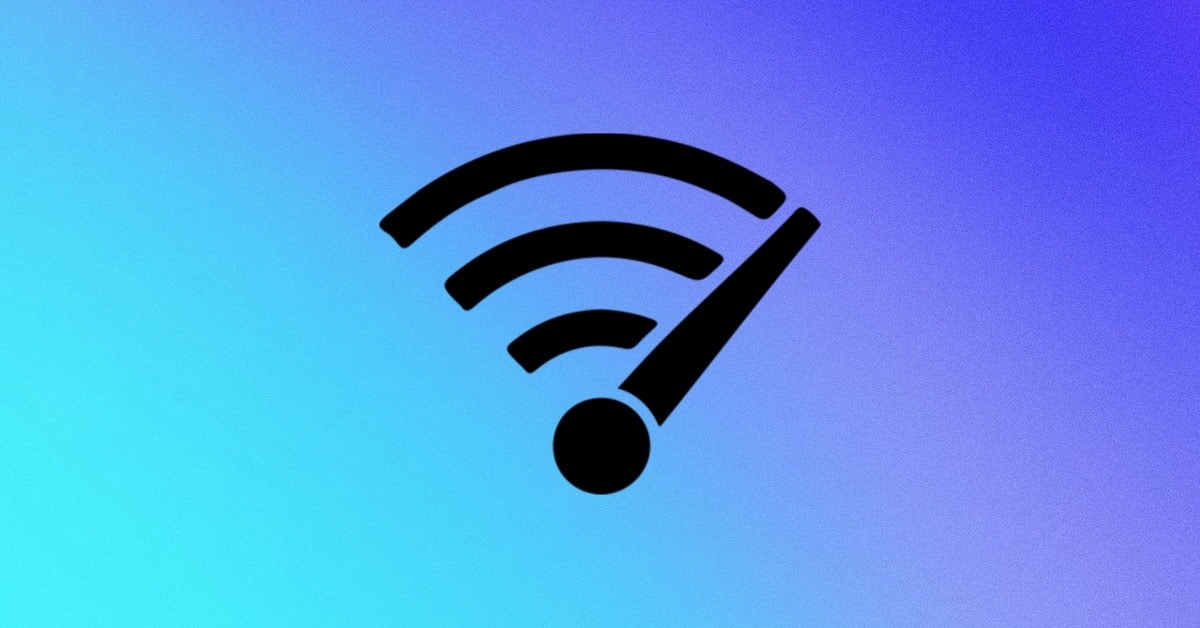Introduction
In today’s digital age, where connectivity drives productivity, entertainment, and communication, the speed and reliability of your internet connection play a pivotal role. Whether you’re streaming your favorite show, conducting business meetings, or engaging in online gaming, a swift and stable internet connection is essential. This is where internet speed testers zippynettest.com step in, offering a window into the performance of your connection and helping you make informed decisions about your online activities.
The Role of Internet Speed Testers
Internet speed testers are online tools designed to measure the speed of your internet connection. These tools gauge the bandwidth available to you, offering insights into your download and upload speeds. More advanced testers can also assess latency and jitter, which are crucial for activities like online gaming and video conferencing.
These tests work by sending a data packet from your device to a remote server and measuring the time it takes for the packet to reach the server and return. The results are then displayed as your internet speed, usually measured in megabits per second (Mbps) for both download and upload speeds.
Understanding the Metrics
- Download Speed: This metric reflects how quickly data travels from a remote server to your device. It’s crucial for activities like streaming videos, downloading files, and browsing websites.
- Upload Speed: Upload speed measures how fast data can be sent from your device to a remote server. It’s important for tasks such as sending emails, uploading files, and participating in video conferences.
- Latency: Also known as ping, latency measures the delay between sending a request and receiving a response. Low latency is essential for real-time applications like online gaming and video conferencing.
- Jitter: Jitter indicates the variability in latency. Consistent and low jitter is important for maintaining a smooth online experience, especially during activities that require stable connections.
Choosing the Right Tester
Numerous internet speed testers are available online, each with its own features and benefits. When selecting a tester, consider the following factors:
- Accuracy: Opt for well-known and reputable speed testers that are widely used and respected.
- Server Locations: Choose a tester that allows you to select servers from various locations. This helps you assess the quality of your connection to different parts of the world.
- Compatibility: Ensure the tester works across devices and platforms, including desktops, laptops, smartphones, and tablets.
- No-Flash Requirement: Modern testers use HTML5 and JavaScript, eliminating the need for Adobe Flash, which is being phased out due to security concerns.
- Additional Features: Some testers offer advanced features like historical test data, comparison tools, and network diagnostics.
Interpreting the Results
Once you’ve performed a speed test, interpreting the results is crucial. Your internet speed may vary due to several factors, including network congestion, distance from the server, and your internet service plan. Compare your results to the advertised speeds from your Internet Service Provider (ISP) to ensure you’re getting what you’re paying for.
Conclusion
In a world where internet connectivity powers our daily lives, internet speed testers serve as invaluable tools for gauging the health of our online connections. By understanding the metrics, choosing reliable testers, and interpreting the results, users can make informed decisions about their online activities and hold their ISPs accountable for delivering promised speeds. So, the next time you experience buffering during a video call or lag in your online game, consider running an internet speed test to uncover the truth behind your connection’s performance.

